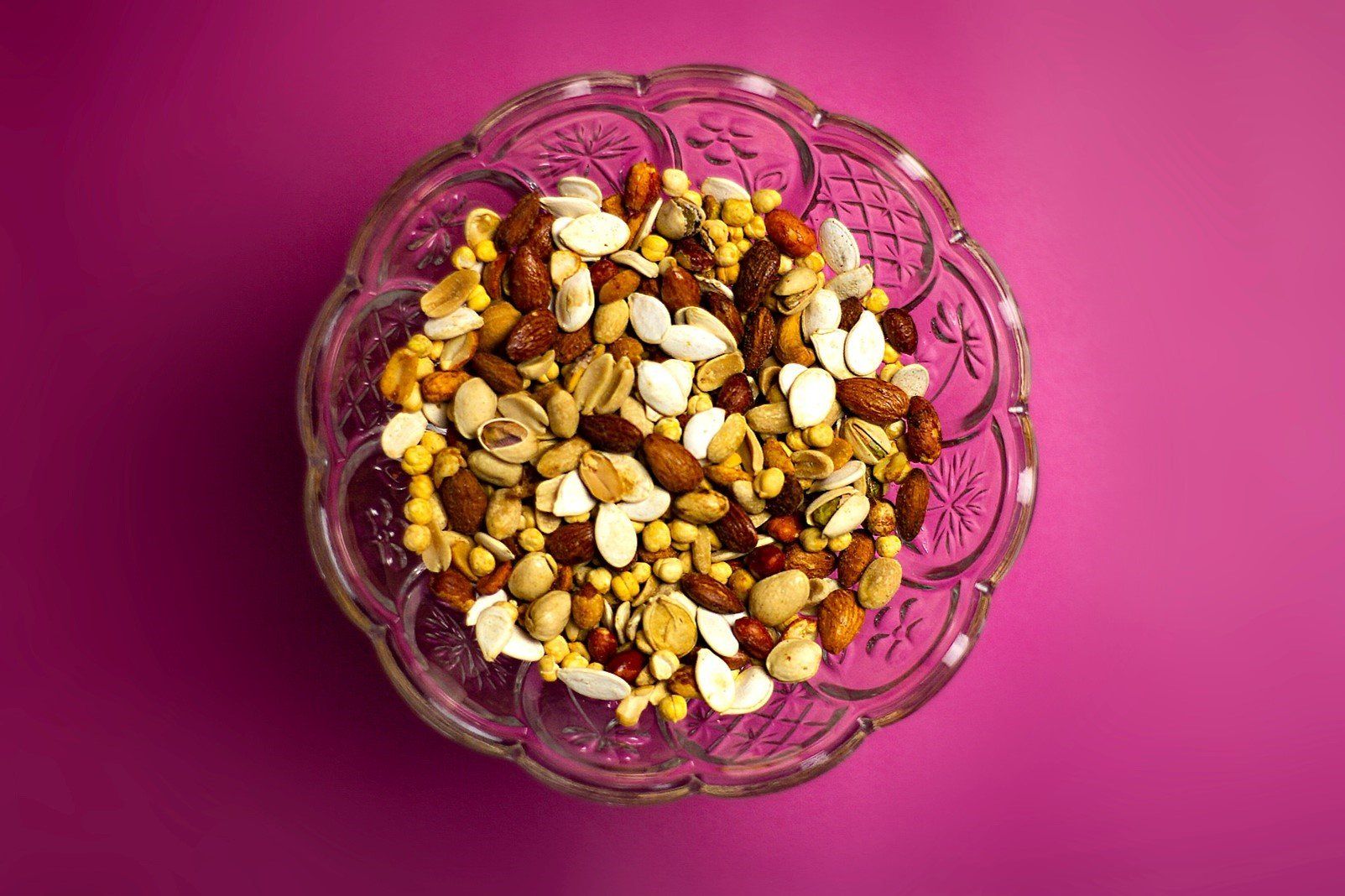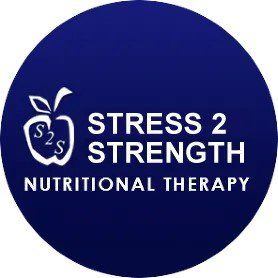Reduce Stress, Fuel Your Body and Improve Your Mood
Let’s step back and understand what it is all about
Stress is something we hear talked about a lot.
Is it good, is it bad and what on earth is it?
Stress is a completely natural reaction the body has to changes in your environment, body, or mind which require a response. The response can be physical, mental or emotional.
And the feelings you experience are the bodies chemical changes when you react stressfully to a situation.
So you may ask, do we actually need it?
Well yes, it’s absolutely essential! The human body is designed to experience stress so we can then react to it. It can even be a positive thing by keeping us alert, motivated and ready to avoid danger.
Incredibly useful if you’re just about to fight off an attack from a lion, not so much if you’re a stressed commuter stuck in a traffic jam with nowhere for that extra adrenalin to go!
Starting in the mind, leading to the body
Stress always starts in the mind.
Think of how you feel when your dog runs out in the road in front of a car, when you know you’re going to be late for work, you’re facing a personal financial crisis, or an impossible deadline.
Rapid signals are sent to the adrenal glands to produce adrenalin, within seconds your heart is pounding, your breathing changes, stores of glucose are released into the blood and your muscles tense.
These reactions are called the ‘Fight and Flight’ response.
This ‘instant energy’ is diverting energy away from the body’s essential repair and maintenance jobs such as digesting, cleansing and rejuvenating.
By continuing to be switched on to the ‘Fight and Flight’ mechanism your pituitary, adrenals, pancreas and liver are perpetually having to pump out hormones to control your blood sugar.
Your body eventually becomes overloaded – until eventually it simply can’t respond to stress in the way it should.
….and at this point an everyday situation will be giving you enough adrenalin to keep you running for miles!
Take back control and save your energy
The reality is you are still going to be stuck in stressful situations that are unavoidable.
So you need to find a way to cope, to maximise your available energy for living, by optimising your nutrition.
That way, you retain the energy produced by your adrenals, rather than burning out.
This is done with three simple steps:
1) Eat slow releasing carbohydrates that release their fuel gently
2) Eat a varied, balanced diet to ensure you have an optimal intake of all essential nutrients
3) Avoid stimulants and depressants like alcohol, caffeine and refined sugar
The result will be an increase in energy that will help you cope with the stresses and strains of life.
Not only will you be able to break the energy consuming patterns that deplete you, but you will be able to regenerate energy for breaking the mental habits that initiate a stress response in the first place.
Improve your food and improve your mood
Let me introduce the ANTI-STESS DIET.
This is a way to help your body stay on track, feel calm and in control.
Fast releasing sugars create a state of stress in the body by stimulating the release of cortisol. Therefore, it’s best to avoid eating white bread, sweets, breakfast cereals or other foods with added sugar.
Slow releasing carbs, on the other hand, provide an even keel of instant energy. Great news for you and your body. How about swapping tomorrows bowl of Frosties for some natural nut butter on wholemeal toast?
Good mood boosters are fruit, wholegrains, beans, lentils, nuts and seeds. How about making up some pots of nuts and seeds, so you have a snack on hand ready for when you find yourself reaching for the biscuit tin?
Research has found that eating some protein with some carbohydrate provides additional adrenal support by reducing the stimulation of cortisol. Nuts, seeds, beans and lentils already contain both protein and carbs so they’re excellent anti-stress foods.
Understand how you work and what works for you
As always, it is important to recognise that any mental illness, whether it be stress, anxiety or depression is a complex affair and therapies for these conditions should only be undertaken under the guidance of professionals such as GP’s, nutrition consultants and psychologists.
But with guidance you can start to make changes which may feel small but can reap big rewards.
In my clinic I practice Metabolic Typing. This explains how different people suffer from different conditions dependent on their body type.
For example, there is actually a particular body type that will always be more prone to depression and stress related diseases as its very chemically driven. The absence of normal levels of serotonin in this body type ( that’s the chemical which controls mood ) is usually hereditary, which means it’s essential to eat a diet to help correct these imbalances.
Make the difference today to feel the benefits right away
Does the description above sound like you?
If so, how about getting in touch for a chat and we can see what steps can be taken to help you onto a happier, healthier path for the future.
What ideas do you have on what you could change today?
How about if you’re feeling stressed out, you try eating some fruit with some nuts, or have brown rice with fish and veg for dinner.
Most importantly, look at your life overall, how do you think you could take back control to better deal with stress?
I would love to hear from you about your ideas.
Feel you could do with extra help and support
For more information about this, and other issues relating to stress check out
www.stress2strength.co.uk and feel free to contact me on 01954 267 818 or annlpinkney@gmail.com





